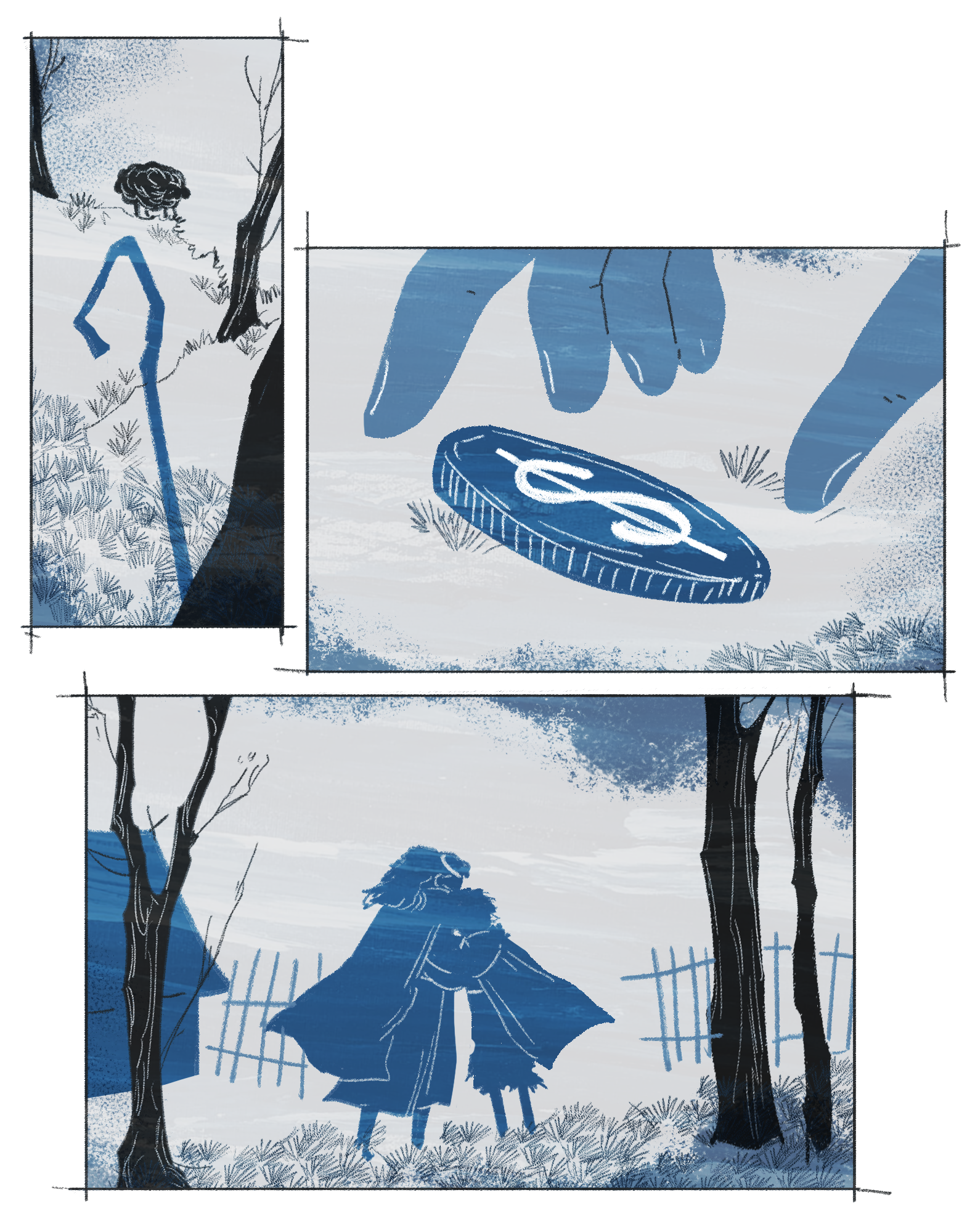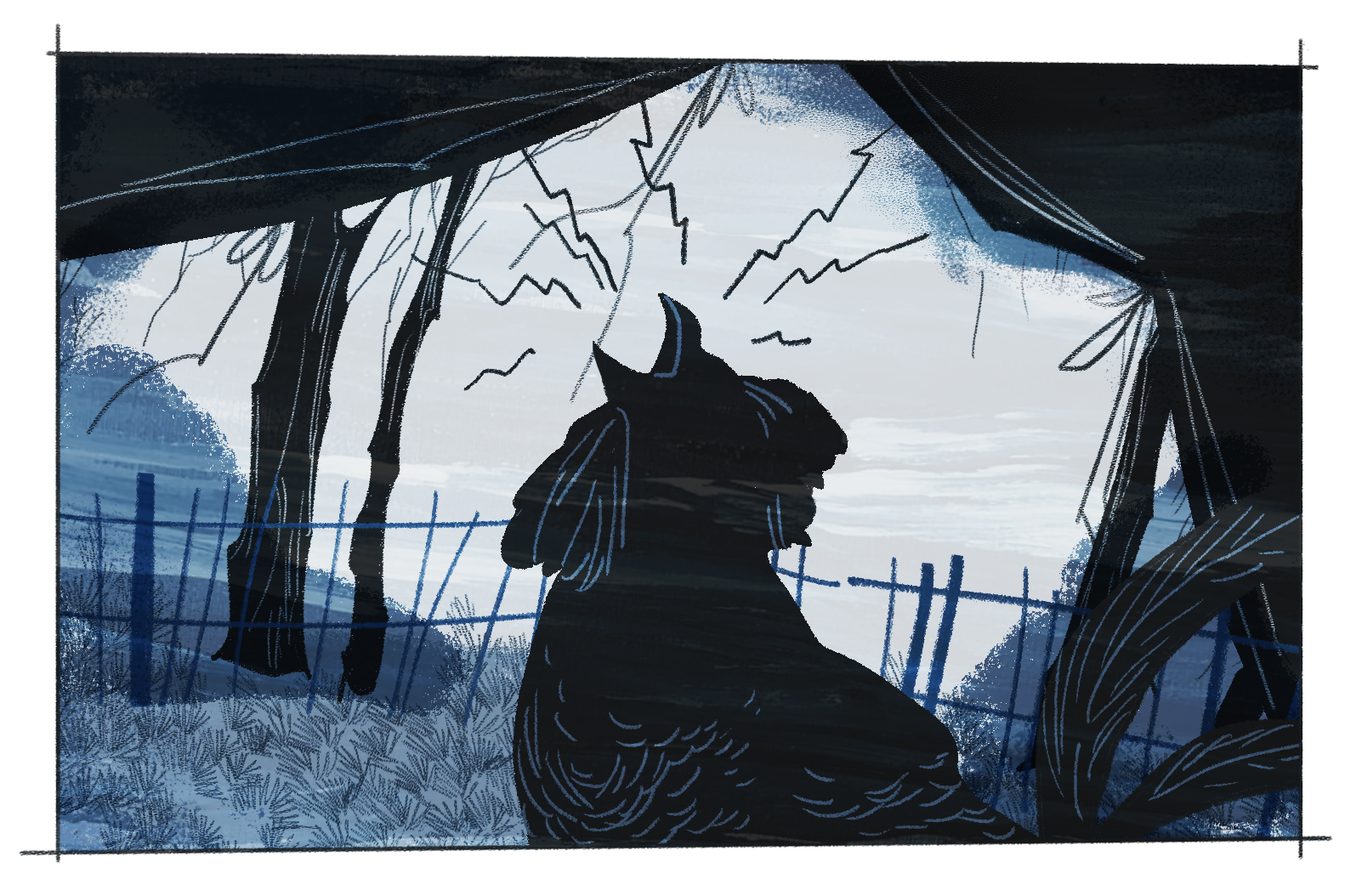Arguably one of the most notorious characters in the Bible, Judas Iscariot is often seen as the main antagonist in the story of Good Friday and the villain of Easter.
Judas was, after all, the one who set into motion the series of events leading to the crucifixion of Jesus.
Because of his role in the Gospel narrative, history has not been kind to Judas. Many from scholars and commentators to preachers and pew members have assigned varying degrees of condemnation to Judas’ actions. Jesus Himself offered the same in Mark 14:21.
While I am by no means justifying Judas’ actions, I would argue that if we are too quick to judge, and fail to see how we are all potentially more similar to Judas than we might care to admit, then we are at risk of suffering the same fate that he did.
Judas and his faith
Scripture tells us that Judas was wicked with greed. We read in John 12:4-6 of how he not only antagonised Mary for “wasting” the expensive bottle of spikenard oil on Jesus, but also helped himself to the funds placed into the disciples’ shared money box.
Nevertheless, perhaps the real issue was Judas’ faith. The detail that we perhaps tend to overlook is that Judas was one of the original twelve disciples whom Jesus had handpicked for ministry.
Judas knew Jesus but he did not understand grace. In that light, are we in some ways just like Judas?
Judas was in the midst of the action: He would have been with Jesus as He fed the five thousand. He would probably have seen Peter walk on water, and Judas would likely have been with Jesus as He left the smug Pharisees dumbfounded over and over again.
Crucially, Judas would presumably also have been in the same house as Jesus when He taught the sinners and tax collectors the Parables of the Lost Sheep, Lost Coin and the Lost Son in Luke 15.
Yet it seems that Judas failed to fully grasp the fullness of the lesson that these three parables set out to convey.

In spite of all he had seen and learnt, we read in Matthew 27 that when confronted with the consequences of his actions, Judas, riddled with shame and guilt, chose to end his life.
It seems that although Judas had been present with Jesus throughout His ministry on earth, he failed to fully understand the theme that runs so centrally to the Gospel story – grace.
To put it plainly, Judas knew Jesus but he did not understand grace. In that light, are we in some ways just like Judas?
The problem with shame
It is no secret that not every Christian is a saint. For many of us, a moment of introspection is all we need for reminders of our wretchedness to surface.
Judas may have been greedy, but most of us should recognise that as humans we each have the propensity for the same or worse.
When the only standard is perfection, failure is a given.
Thus one of the oldest tricks in the Devil’s playbook is to weave, into those moments of failure, feelings of inadequacy and self-condemnation (He is called the “accuser of the brethren” in Revelation 12:10).
A conviction of wrongs is healthy, for it is how the Spirit of Truth (John 16:13) that dwells within us points us to that which is right (Ezekiel 36:27).
But the enemy is crafty. The enemy operates with the knowledge of this divine conviction, and twists and perverts it such that it sometimes devolves into a state of guilt-ridden self-condemnation.
Guilt often leads to shame. And shame, if left unchecked, can lead to an apathy to sin.
While apathy and extreme self-condemnation might seem like opposite ends of a spectrum, they are merely two sides of the same coin. A coin that fits nicely in the palm of the enemy.
Both outcomes lead to death.
The story of Peter
Juxtaposed against the story of Judas in the Gospel accounts of Good Friday is that of Peter’s journey.
Peter, like Judas, also betrayed Jesus on that fateful Friday morning: We read in Matthew 26:35 of how Peter vehemently denies the possibility of him denying Jesus.
Yet only a few verses later in the same chapter (Matthew 26:69-75), we read of how Peter does exactly that which he swore never to do.

Just like Judas, Peter had a similar moment of shame. Matthew writes that Peter wept bitterly after he realised that Jesus was right about him.
I would imagine that Peter was wracked by guilt in the interim between the crucifixion and the resurrection of Jesus.
Who wouldn’t, if the friend we swore never to betray now laid in a tomb?
While Judas chose to end his life, Peter did not allow his shame to define him.
The difference between the two, however, was their responses to shame: While Judas chose to end his life, Peter did not allow his shame to define him.
In John 21, we see the beautiful moment when Jesus restores Peter. And in the book of Acts, we read of how Peter goes on to lead the early Church through its tumultuous infancy.
Peter chose not to wallow in self-pity or condemnation, but used his redemption productively, and went on to lay the foundations upon which the modern-day Church was built.
A picture of grace
Peter did nothing to deserve or warrant any type of redemption. Just like Judas, Peter betrayed Jesus.
Yet, in the most counter-intuitive display of trust, Jesus chose a traitor to minister to His flock.
That is grace.
None of us deserves forgiveness for a multitude of wrongs committed over a lifetime.
Following all constructs of justice and fairness, as criminals (sinners), what we deserve is punishment (death).
Grace, however, meant that a Holy and blameless God chose to reconcile our wretched, sinful selves to Himself by sending the only innocent Man who ever lived to die a slow, painful death on that very first Good Friday (Romans 5:8).
There is no justice in grace. He did so not because we deserved any form of reconciliation, but because the God of Creation loved us and gave us grace (Ephesians 2:8-9).
Guilt and shame are inevitable in our ongoing quest toward Christlikeness, but it is how we respond to those moments of failure that determine how the rest of our stories will unfold.
It often confounds me why the God of the universe would want anything to do with a sinner like me, but time and time again I am comforted that that is exactly the kind of person God chooses to use.
After all, the God I know used a murderer to lead a people out of slavery, an adulterer to rule a nation and turned a xenophobe into the greatest missionary of all time.
If my God had a plan for people like that, then I choose to believe that God has a plan for me too.
Like Judas and Peter, we are all products of the decisions that we make.
Guilt and shame are inevitable in our ongoing quest toward Christlikeness, but it is how we respond to those moments of failure that determine how the rest of our stories will unfold.
Just like Peter, we all have the chance to pick ourselves up confidently when we stumble in the face of sin, because He who saved us does not condemn (Romans 8:1). We need only to repent (1 John 1:9).
We are all beneficiaries of a love that redeems, because on that very first Good Friday all those years ago, there was One who died for far more than just thirty pieces of silver.
He died for your sake, and mine.
Start here to celebrate Easter:
- Define grace.
- What are some definitions in the Bible on grace?
- What are you struggling with in life right now? How does this grace from God challenge or impact your situation?
- Ask the Lord for grace this day.









